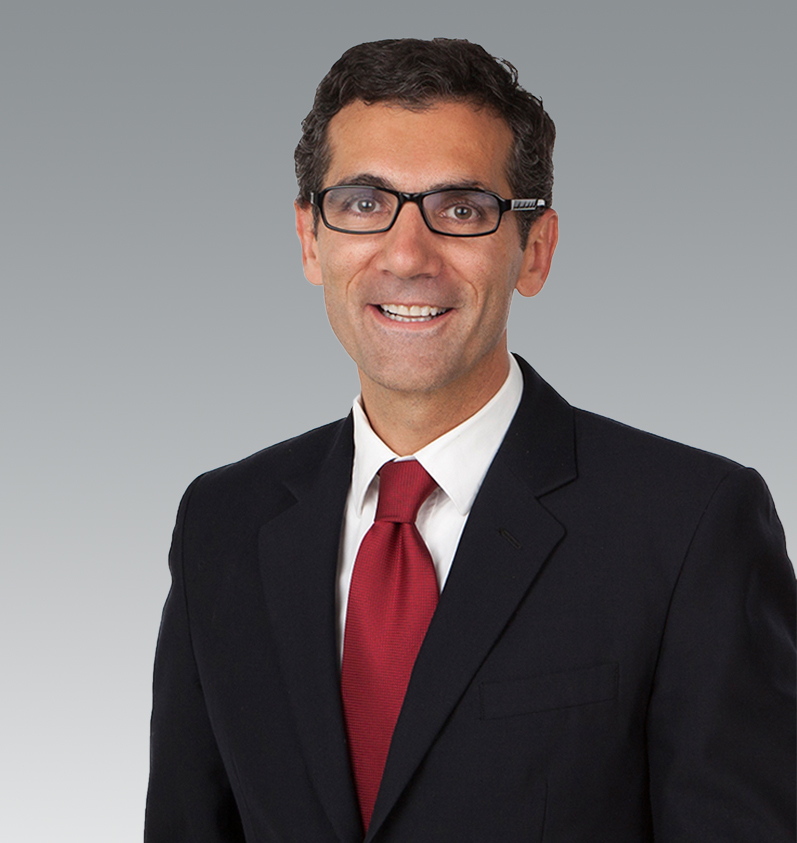
Alberto Jimenez Crespo is a Principal and Portfolio Manager at Aristotle Capital Management. Experience in global equity investing has given Mr. Crespo a long term view with regards to asset management. One specific example of this philosophy is the portfolio manager’s current top pick: “…the largest holding in the strategy today is Samsung Electronics (KRX:005930). We talked about this in our fourth-quarter 2014 commentary. We highlighted the investment case and compared it to a combination of Apple (NASDAQ:AAPL), Micron (NASDAQ:MU) and Whirlpool (NYSE:WHR), but at one-fifth the price…it still trades at less than 7 times earnings, 5 times if you pull the cash out.”
While value is a core component of Mr. Crespo’s portfolio management style, he does not let it blind him to the pitfalls of only looking at prior performance. A sector that he is particularly cautious about is healthcare and specifically US based pharmacy benefit managers:
“I think it has gotten to a point where if consumers have to pay for medicines at the same rate that it costs you to buy a Ferrari, that’s going to be a social issue, right? I mean, I don’t think it requires you to have a Ph.D. in physiology to know that.”
To get the entire in-depth exclusive interview with Mr. Crespo, read it in the Wall Street Transcript.
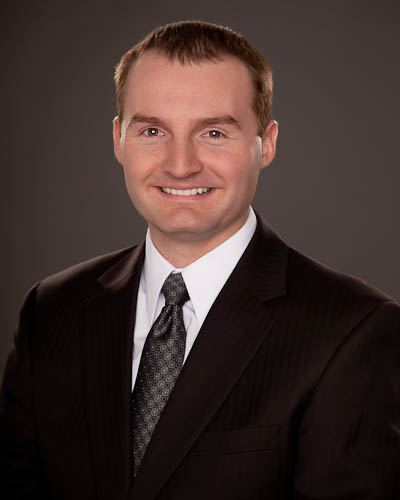
Zach Miller, CFA, is the Co-Portfolio Manager of the Aquila Three Peaks Opportunity Growth Fund and Director of Research at Three Peaks Capital Management. He details his investment philosophy and top portfolio recommendations in his exclusive interview with the Wall Street Transcript.
Mr. Miller sees management of debt relative to shareholder’s equity as a key indicator for stock market outperformance: “…we also feel like debt paydown is a very sure way of creating value for the equity holders. Each dollar of debt reduction theoretically accretes to a dollar of equity value. This is something we quantify using a metric we call “return on debt paydown,” or RODP, which is the total debt paydown divided by the company’s market cap.”
Zach Miller gives an example of one of his top picks that uses this debt paydown strategy: “Liberty Sirius (NASDAQ:LSXMK), which is the tracking stock for Liberty Media’sinvestment in Sirius XM (NASDAQ:SIRI), has been one of our largest holdings for a while. Sirius XM is really synonymous with satellite radio, as Sirius XM’s equipment now comes pre-installed in about 75% of all new vehicles. The company has done a great job of managing its balance sheet over the years.”
Mr. Miller also highlights “…another name that we feel has exemplified the Three Peaks Opportunity Growth Fund strategy is Ball Corporation (NYSE:BLL), which is the largest beverage-can producer in the world, with about a $15 billion market cap. We really like the company’s very stable cash flows and number one market position in a lot of its end markets.”
To read more in-depth analysis and more top stock picks from Zach Miller, read the entire interview at the Wall Street Transcript.
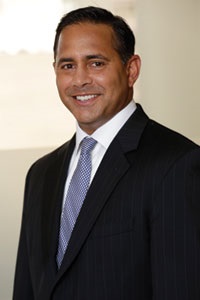
Rahul Sharma is an Executive Director and Portfolio Manager at Schafer Cullen Capital Management. Mr. Sharma is currently bullish on selected emerging market and frontier market investments and identified some top picks in his exclusive interview with the Wall Street Transcript.
“We have identified a couple attractive investments, and one of them is Qingdao Haier (SHA:600690). They’re now the global leader in white-goods production, making air conditioners, refrigerators, freezers, small household appliances, etc. Some people in the U.S. may have heard of them because the company recently acquired GE’s (NYSE:GE) business here in the U.S.”
Mr. Sharma reasons that “you are definitely seeing the emergence of a huge middle class, whose incomes are growing over time. We think this is a once-in-a-lifetime investable theme that is in the very early stages. If you look at India and China alone, you are talking about well over 2 billion people, and middle classes that, combined, are already larger than in the U.S.”
Another emerging market pick is Indiabulls, also due to the company’s exposure to a rapidly growing middle class in India: “Indiabulls offers better valuation, faster growth and, obviously important for us, a very attractive dividend yield at over 4%, which is more than double the Indian market average.”
For more insights and top picks from Rahul Sharma of Schafer Cullen Capital, read the entire interview at the Wall Street Transcript.

Paula R. Wieck of CLS Investments, the Manager of Investment Research and Portfolio Manager, advocates the Shelter Fund for risk averse investors: “…[the] Shelter Fund is designed for investors who are either more emotional about large losses or have a shortened time horizon.” The fund has a series of “triggers”, each “Each trigger is initiated on a 2% decline in the NAV of the portfolio. During the first five triggers, we move portions of the equity portfolio to low-volatility ETFs, with a max position of 50% low volatility.”
The next 4 “triggers” send investors in the Shelter Fund into a greater exposure into low volatility ETFs, and then into cash. However, “…when the market has been fairly steady to rising, as it has been this year, the fund is currently invested 100% in equities.”
The most representative of the current Shelter Fund ETFs are value based: “For example, Shelter owns IEMG, which is just a broad emerging-market ETF. It is cap-weighted and gives you a nice well-rounded exposure to the emerging-market space. Then, we have IEFA, which provides broad developed international exposure. Then, where we selected value-factor exposure is through EFV, which is EAFE Value.”
For more information on Ms. Wieck’s portfolio strategy, read the entire interview at the Wall Street Transcript.

Joseph M. Boskovich Jr. is Co-Founder and Partner at Old West Investment Management. Mr. Boskovich is a member of the Portfolio Management Team and is on the Old West Investment Committee. He graduated from the Marshall School of Business at the University of Southern California, where he was a four-year letterman and Academic All-American on USC’s National Championship Football Team. In this exclusive interview with the Wall Street Transcript, Mr. Boskovich highlights some of his top portfolio investments for 2017: “Formula One (NASDAQ:LMCA) is one of the few global sports franchises, and it has been very under-exploited. Grand Prix racing is huge throughout Europe, Asia, South America and the Middle East. The new management will be intent on pushing the sport into new markets, particularly in the United States. We currently only have one Grand Prix race in the U.S., in Austin, Texas, and that will change. ”
The strategy reflects the confidence that Mr. Boskovich has in the management of the company in his portfolio: “…Liberty Media’s first action as the new owner of F1 was to remove Ecclestone and hire the talented Chase Carey as Formula One’s new Chairman and CEO…” as well additional assets: “…the tracking stock also includes various other stakes in companies such as Liberty Media’s 34% ownership stake in Live Nation (NYSE:LYV), its 1% stake in TimeWarner (NYSE:TWX), its 1% stake in Viacom (NASDAQ:VIA), its 7% stake in Kroenke Sports & Entertainment, and several others.”
Some other top picks also include an entertainment bend to the value stocks Mr. Boskovich favors: “The core thesis behind our investment in IDW Media (OTCMKTS:IDWM) centers around the company’s attractive and growing library of intellectual property, and the growing demand for original content in television. IDW Entertainment has access to valuable properties through IDW’s publishing unit and also receives valuable marketing support. ”
The price paid for his portfolio companies is more important than the inherent brand name value: “Amazon (NASDAQ:AMZN) trades at 185 times earnings. If Amazon stock was to fall two-thirds from where it is right now, it would still be trading at 60-plus times earnings, which still suggests a very rich valuation. Now it’s entirely possible that Amazon grows into its valuation, and I don’t think that I’d bet against a company like Amazon, but you need to make many unknown and lofty assumptions about its future prospects if you want to make money buying the company today. So, like I said, we’re definitely attracted to things that people want or need, but it is paramount that investors buy into those assets at attractive valuations.”
To see more of the top picks from Mr. Boskovich read the entire interview at the Wall Street Transcript.
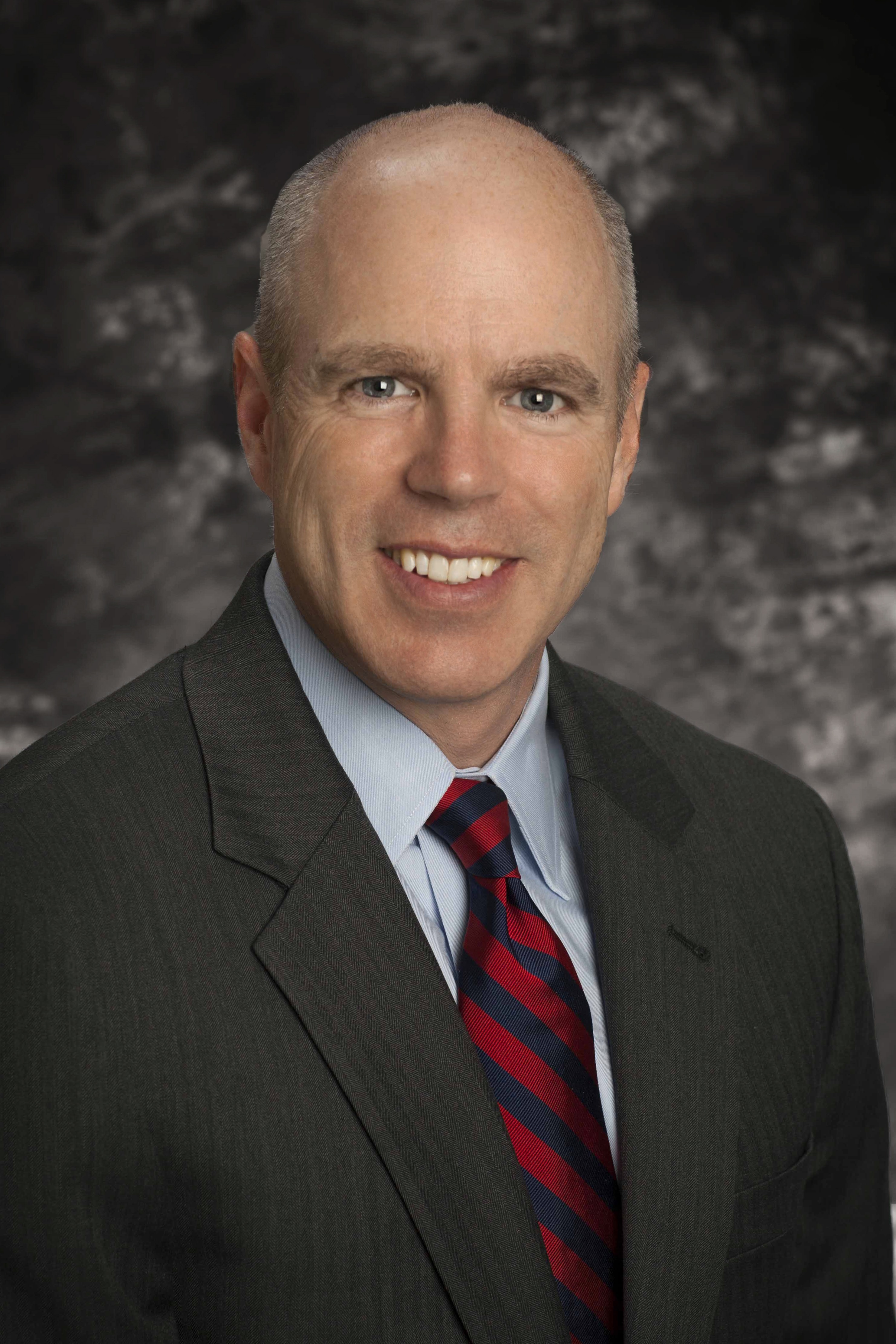
Paul C. Hogan, CFA, is an Investment Research Analyst at Fenimore Asset Management. His firm has a commitment to dividend growing companies that produce outstanding compounded returns for his clients. In this exclusive interview with the Wall Street Transcript Mr. Hogan states that “…our equity-income fund’s objective states that at least 80% of the companies have to pay a dividend. Actually, 100% of the portfolio’s equity holdings are in dividend-paying stocks. We prefer companies that are growing their dividends over time, and like to see double-digit dividend growth compounded over a five-year period.”
In recent years the portfolio has shifted to mid-cap technology companies. “Within the portfolio, our top sector weighting is in the technology space at 21%…Some of those names are Microchip Technology (NASDAQ:MCHP), Xilinx (NASDAQ:XLNX) and Versum Materials (NYSE:VSM).”
Mr. Hogan details the investment thesis behind each of his top picks. “Microchip pursues low-volume applications that competitors don’t want. This has allowed them to be very broad in their product offering and the products that their semiconductors go into. Their products can be found in everything from remote controls for garage door openers and coffee makers, to touchscreen panels and automobile infotainment centers.”
To read more detail on Microchip Technology and all of the other top picks from Paul Hogan of Fenimore Asset Management, read the entire interview at the Wall Street Transcript.
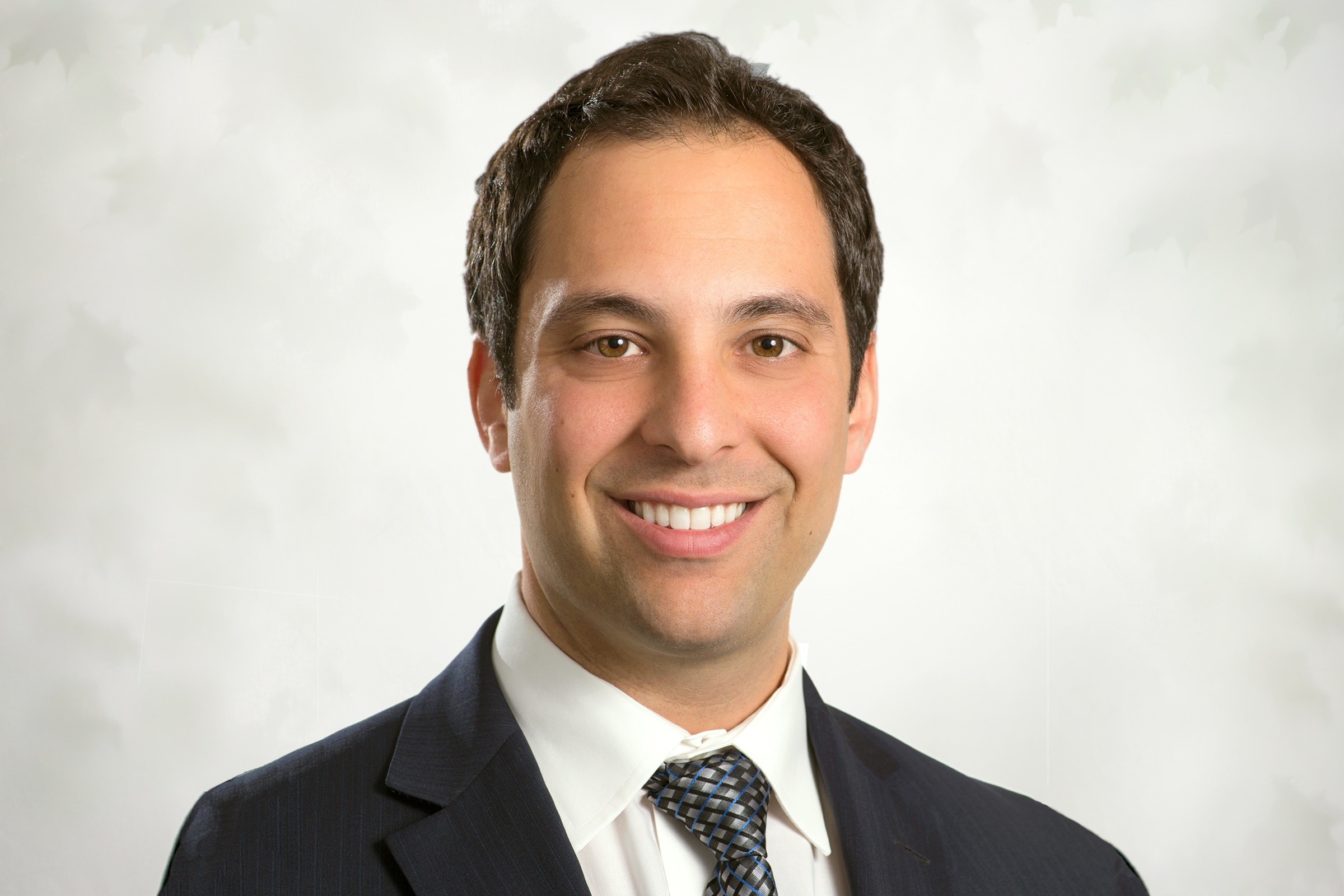
Michael Roomberg, CFA, is a Portfolio Manager at Miller/Howard Investments Inc. In this exclusive interview with the Wall Street Transcript, Mr. Roomberg details his top picks in his clean water technology portfolio: “…as living standards improve, lifestyles require much more water. So today, the average American’s lifestyle requires four times more water than the average person living in China, not just because we take longer showers but because the consumer products that we use and the high-protein diet that we eat require massive volumes of water to produce. Not many people realize that it takes 37 gallons of water to make a cup of coffee, about 20 gallons of water to manufacture a ballpoint pen and about 600 gallons of water to produce a Quarter Pounder with Cheese at McDonald’s.(NYSE:MCD)”
Supplying this amount of fresh water in America is at serious risk:
“In their most recent survey, the American Society of Civil Engineers gave U.S. water and wastewater infrastructure a D grade, and it’s estimated that about $700 billion is required to modernize existing U.S. water and wastewater infrastructure.”
Investors will benefit from following the many top picks that Mr. Roomberg identifies in his detailed interview: “Aqua America (NYSE:WTR) owns 12,500 miles of water mains and approximately 200 water treatment plants across the country. The reality of the water business, especially on the utility side, is that it is a countercyclical, defensive-type investment, because in good times and bad, people generally pay their water bill…The company has been paying a quarterly dividend for 72 consecutive years and has increased that dividend for the last 25 years in a row.”
Another stock that will benefit from the shortage of fresh water is Franklin Electric (NASDAQ:FELE): “Franklin Electric is among the largest manufacturers of water well pumps in the world. Water well pumps are mainly used by residential, industrial and agricultural consumers to provide reliable water supply from underground aquifers…Franklin Electric is really a true American success story.”
Read the entire interview in the Wall Street Transcript to see all the other top picks from Michael Roomberg.
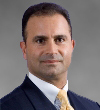
James A. Abate is the Chief Investment Officer of Centre Asset Management. Mr. Abate sees some real upside in stocks that have exposure to consumer discretionary spending. In his exclusive interview with the Wall Street Transcript, Mr. Abate details his investing methodology and explains his top picks:
“The majority of our positions at this point are names that are going to be in what we consider to be the capital growth area, with the ability to wisely put money to work by continuing to grow their businesses. Our main concentration at this point is in the technology sector — examples being NVIDIA (NASDAQ:NVDA), Adobe (NASDAQ:ADBE), Activision Blizzard (NASDAQ:ATVI), KLA-Tencor (NASDAQ:KLAC) — and consumer discretionary — examples being Amazon (NASDAQ:AMZN), Netflix (NASDAQ:NFLX) — sectors.”
Currently, Centre Asset is off-loading health care stocks: “We have significantly reduced our exposure to other traditional growth areas, namely in the health care and consumer staples sectors, since the summer of 2016 as we have seen the majority of companies not able to continue to meet the very high expectations that investors are paying for them…the broad-based implementation of “zero-based budgeting” having run its course after being a significant positive influence to wealth creation for the past few years.”
Centre Asset is also actively pursuing one contrarian pick:
“For example, we’ve seen Ralph Lauren’s (NYSE:RL) stock price collapse from almost $190 down to the low $70s here, where we have just recently gotten involved in a very contrarian manner. This hopefully low point in the stock price has happened when the company, for the first time since the early part of 2013, has seen a positive inflection in its net profit margin and ability to take down inventories and undertaking a massive restructuring to turn things around and rightsize themselves for a smaller brick-and-mortar retail distribution channel.”
To get more of Mr. Abate’s top picks, read the entire exclusive interview at the Wall Street Transcript.

Malcolm E. Polley, CFA, is President and Chief Investment Officer at Stewart Capital Advisors, LLC. His mid-cap portfolio has plenty of sound investments but Mr. Polley has some special interest in health care related issues: “…a company like Huron Consulting (NASDAQ:HURN), which uses data to help the education industry and health care industries improve their profitability in an environment where earnings growth is difficult to come by. The ability of a hospital or a school or educational institution to turn to an organization like Huron to help them figure out how they can accomplish more with less or how they can improve their profitability. We really think in this type of environment, organizations like Huron Consulting should be winners, as they really have a value add to provide.”
Consolidation within the sector should prove to be an ongoing theme, however Mr. Polley cautions against getting too ambitious about predicting the outcome from potential partnerships: “…you’ve seen more and more deals get scuttled because of antitrust considerations. For instance, the Walgreens (NASDAQ:WBA)/Rite Aid (NYSE:RAD) deal — the original deal was just scuttled, and now Walgreens is basically going to buy a bunch of Rite Aid stores. ”
For more of this in depth interview with Malcolm E. Polley, read the rest here.
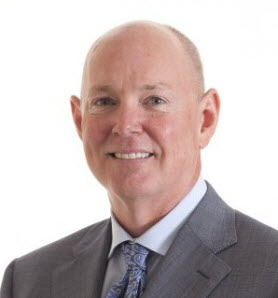
Timothy G. Biltz was appointed President and CEO of Lumos Networks Corp. (NASDAQ:LMOS) in April 2012. His recent sale of the company for $18/share, scheduled to close in the 3rd quarter of 2017, validated his strategy of developing dense fiber network connectivity as the key component to satisfy mobile telephony video driven demand for future 5G Networks.
Mr. Biltz declares: “We can’t really predict the exact timing of when 5G is going to have the impact, but what we do know is that the best way to prepare for 5G is to have dense fiber networks in place. And that’s exactly what we have been doing for the last several years in our markets. In fact, since the company was spun off as a public company in late 2011, we have nearly doubled our fiber footprint to nearly 11,000 miles, serving 26 different enterprise customers.”
The CEO sees big developments for the Norfolk/Hampton Roads Virginia area:
“…as a result of our new 270-mile network in the Hampton Roads market, our fiber is now within one-half mile from the new Virginia Beach undersea cable landing station.
Over the next few years, we expect multiple undersea cables from Europe, South America and Africa to reach the landing station. Two of these include MAREA, which is funded by Telefonica, Microsoft (MSFT) and Facebook (FB), and BRUSA, funded by Telefonica. Both are expected to become operational over the next few quarters, with MAREA likely to come before BRUSA. These cables create opportunities for us to sell bandwidth capacity on our network to international and domestic carriers and social media companies who want connectivity between the Virginia Beach landing site and Ashburn, Virginia, the data center capital of the world…”
To get more strategic insight from the CEO of Lumos Networks, read the entire interview at the Wall Street Transcript.